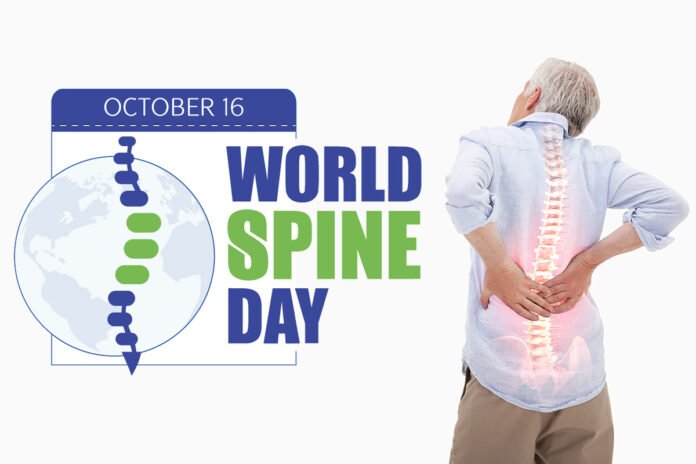Every year on World Spine Day, people around the globe come together to focus on the importance of spinal health. Our spine, often taken for granted, plays a pivotal role in our overall well-being. As we celebrate this occasion, it’s essential to distinguish between common myths and facts related to spinal health. This knowledge empowers us to make informed choices and prioritize the care of our spines.
Myth 1: Back Pain Only Affects the Elderly
Fact: Back pain can strike at any age. While it is more prevalent in older individuals, it can affect people in their 20s and 30s, often due to poor posture, sedentary lifestyles, or injury.
Myth 2: Spinal Health Is Solely About Posture
Fact: Good posture is crucial, but spinal health is more than just sitting up straight. Factors like regular exercise, maintaining a healthy weight, and proper lifting techniques all contribute to overall spinal well-being.
Myth 3: Rest Is the Best Solution for Back Pain
Fact: Prolonged rest can worsen back pain. Staying active with gentle exercises, as advised by a healthcare professional, is often a better approach to recovery.
Myth 4: Spinal Health Is Not Linked to Mental Health
Fact: Mental health and spinal health are interconnected. Conditions like depression and anxiety can exacerbate back pain, and chronic pain can negatively impact mental health. A holistic approach to well-being addresses both aspects.
Myth 5: Stiff Mattresses Are Best for Spinal Health
Fact: The ideal mattress varies from person to person. Some may find relief on a firmer mattress, while others prefer a softer one. It’s essential to choose a mattress that supports your spine’s natural alignment.
Myth 6: Surgery Is the Only Solution for Spinal Problems
Fact: Surgery is considered only after conservative treatments fail to relieve spinal issues. Many spinal conditions can be managed with physical therapy, medication, and lifestyle modifications.
Myth 7: Spinal Health Is Not Affected by Diet
Fact: Nutrition plays a significant role in spinal health. A diet rich in calcium and vitamin D is essential for strong bones, including the spine. Maintaining a healthy weight through a balanced diet also reduces the load on the spine.
In honor of World Spine Day, it’s important to adopt practices that support our spinal health. Regular exercise, a balanced diet, good posture, and awareness of the mind-body connection are key factors. Understanding the myths and facts about spinal health empowers us to take better care of our spines and lead healthier lives.

